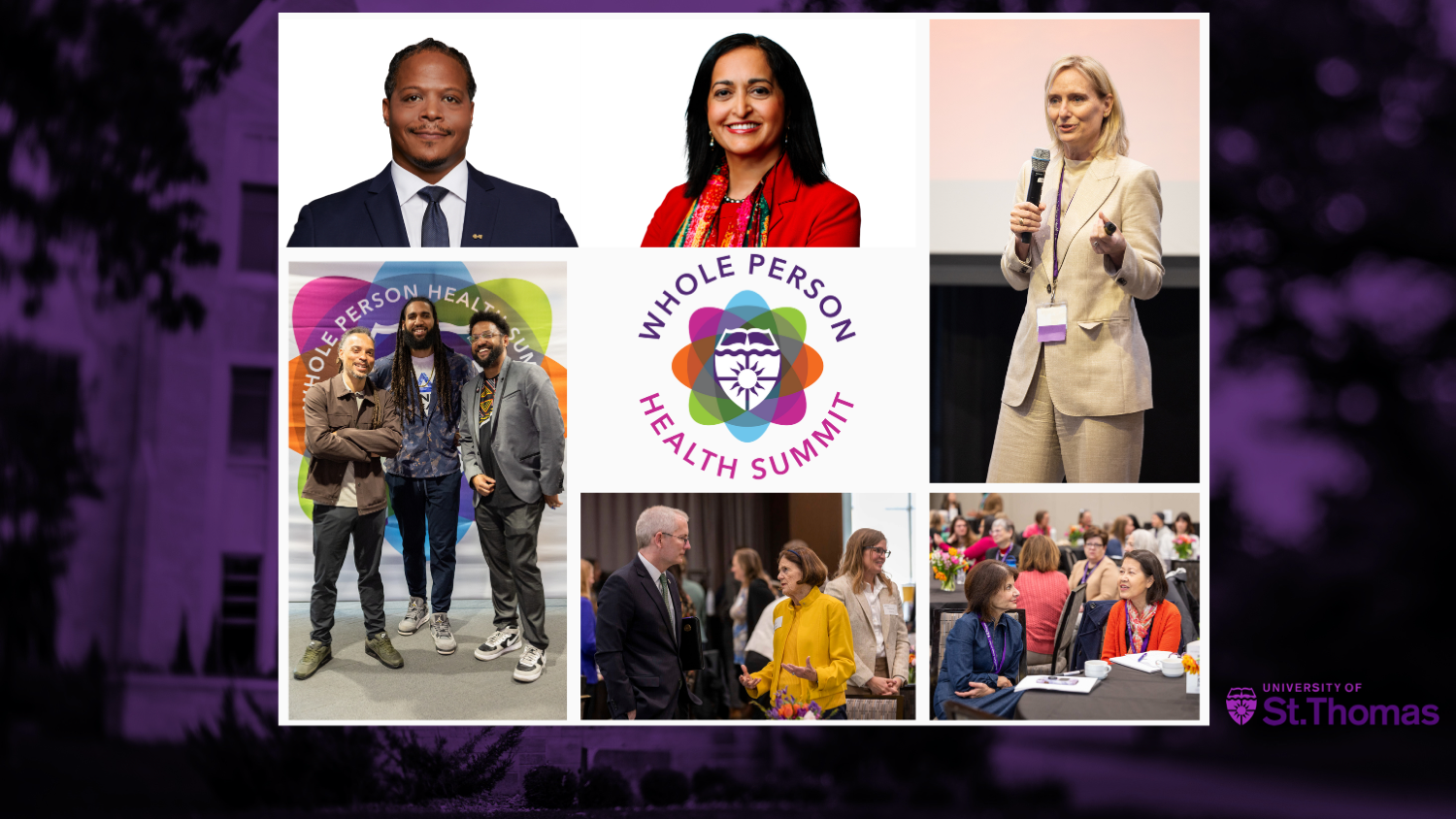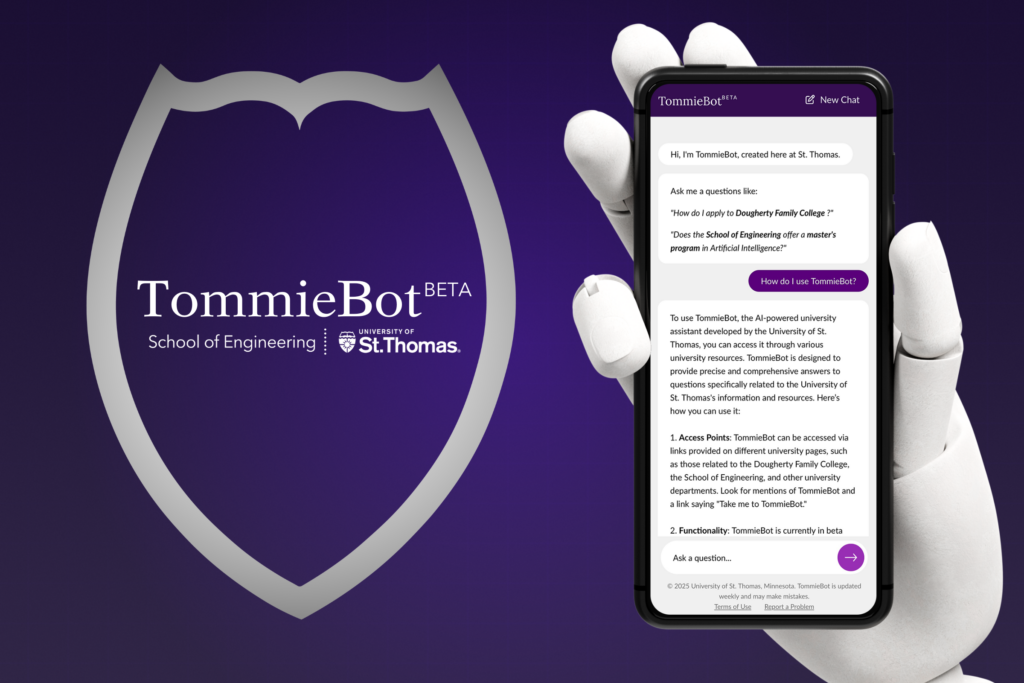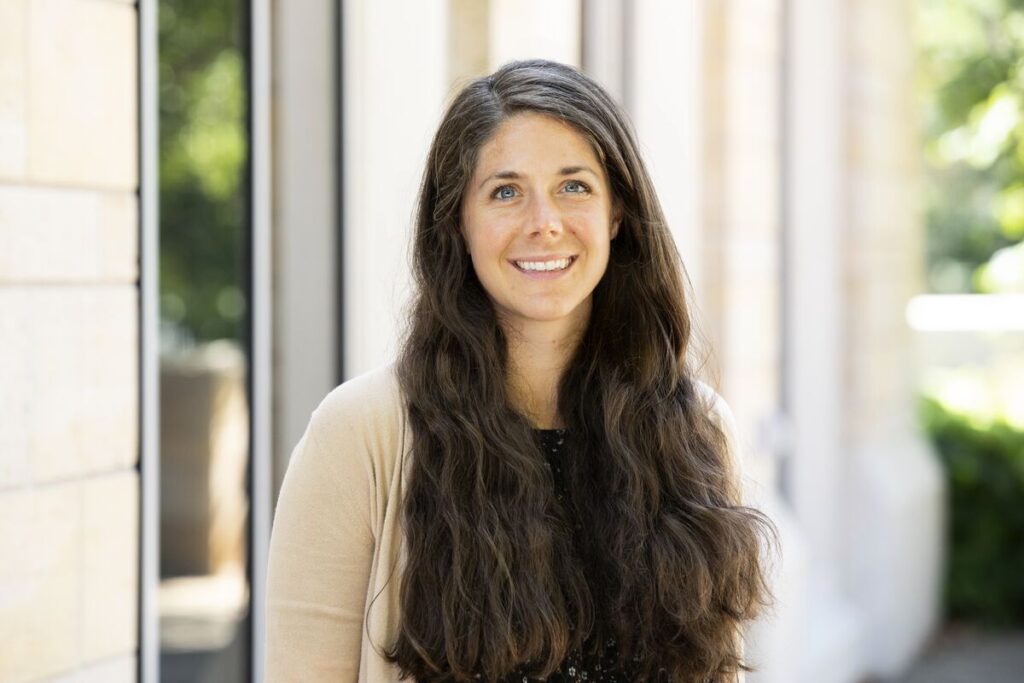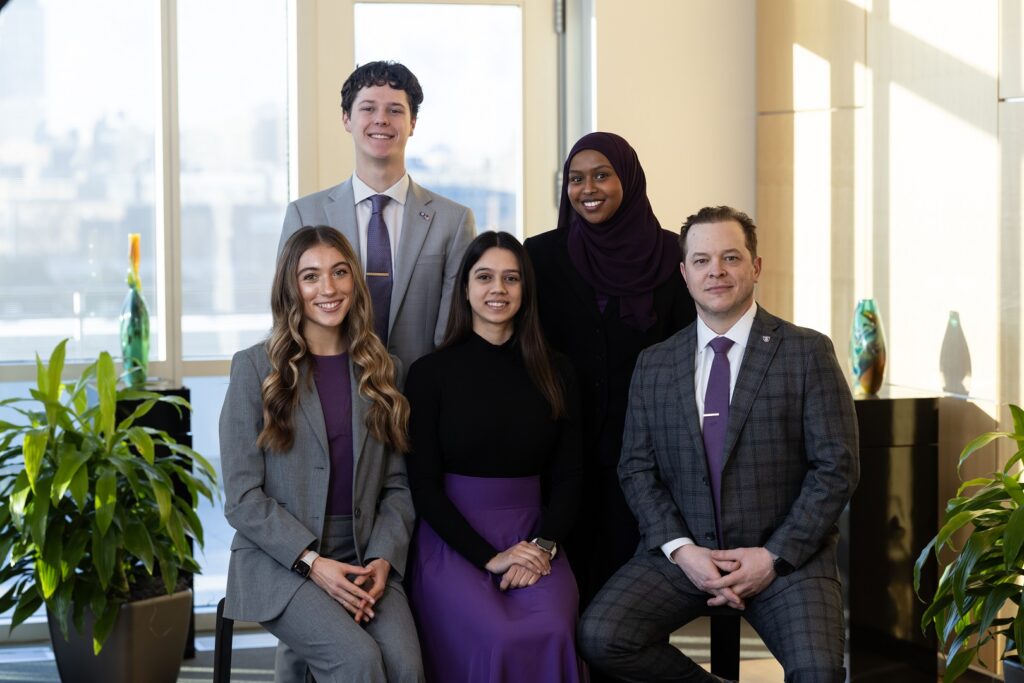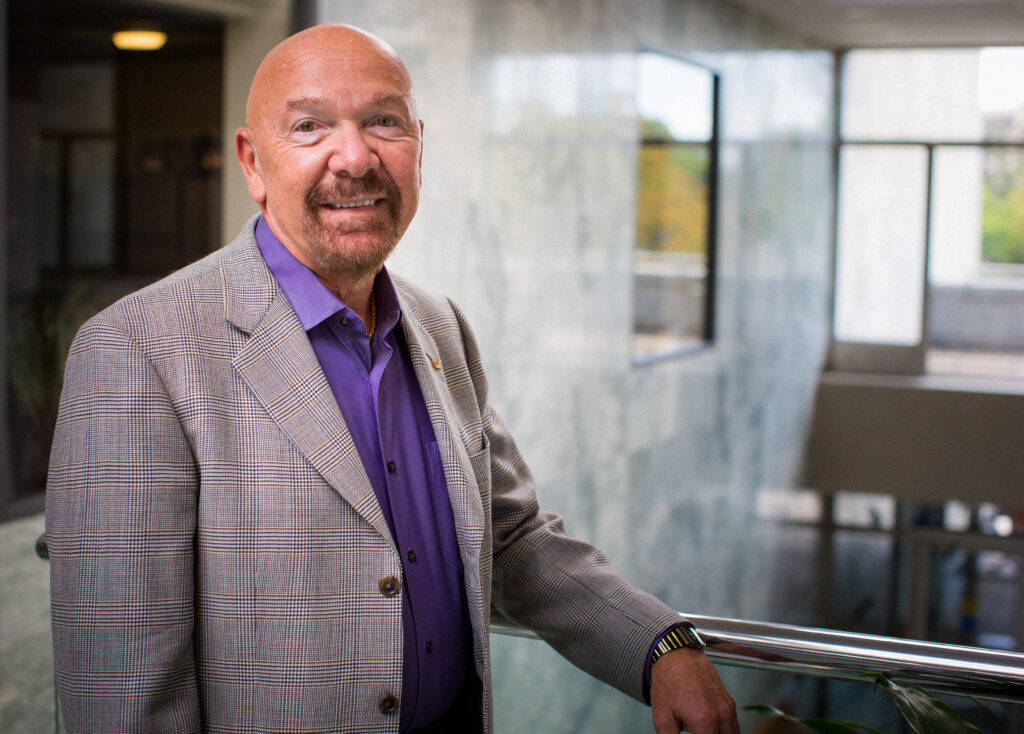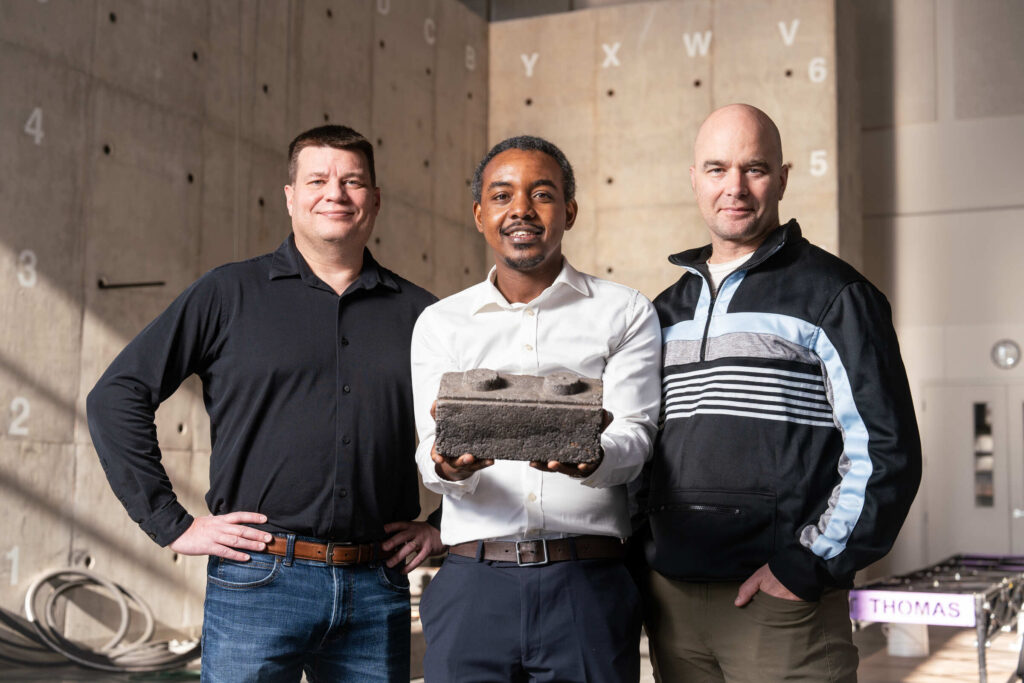Health care professionals, policymakers, community leaders, and students will gather at the University of St. Thomas on April 30 for the third annual Whole Person Health Summit. The event, presented by the Morrison Family College of Health, is dedicated to advancing health equity through culturally responsive whole-person care. This year’s theme, “Building Power, Transforming Systems,” will focus on innovative and holistic approaches to improve health and well-being while addressing systemic barriers to equitable care.
The summit will feature two keynote speakers: Bukata Hayes, president and chief equity officer at Blue Cross and Blue Shield of Minnesota, and Dr. Prathibha Varkey, president of Mayo Clinic Health Systems.
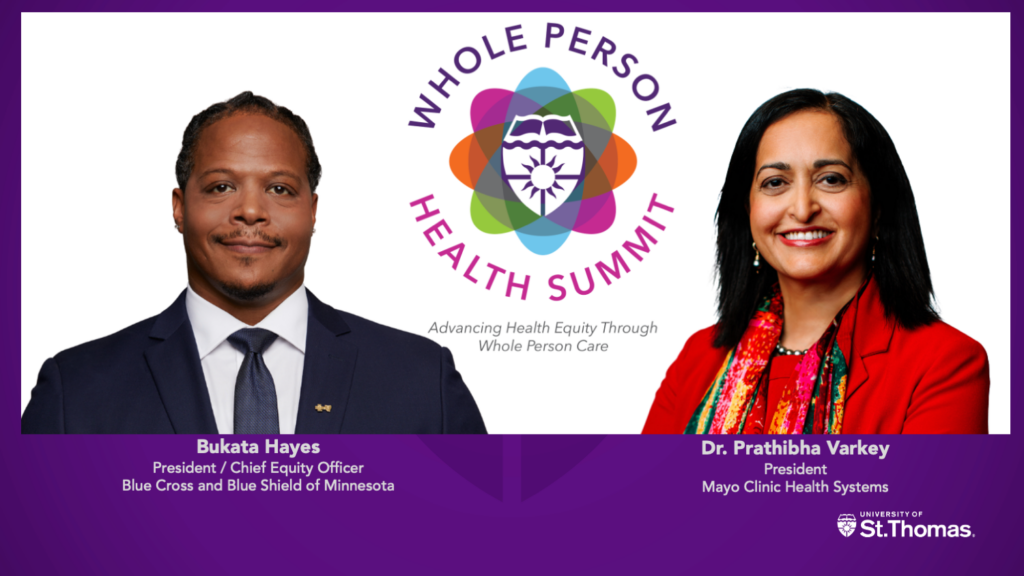
With more than 20 years of experience in racial and health equity work, Hayes will discuss strategies for transforming health care ecosystems, improving access to quality care, and addressing disparities affecting underrepresented communities. Varkey, who leads 15,000 employees serving 16 community hospitals and 53 multispecialty clinics across 44 communities in Minnesota, Wisconsin and Iowa, will discuss transforming rural and population health care during a morning fireside chat with MayKao Hang, the vice president and founding dean of the Morrison Family College of Health.
“Systems are designed around values and leaders have more power than they think to affect positive change,” said Hang. “This summit is an opportunity to collaborate with those who believe that access to good health should and can be optimized for all people. When we use our collective power to be radically inclusive to meet the needs of the whole person, we build the capacity to reduce health disparities.”
Whole-person care moves beyond treating illness and injury to optimizing health and well-being. At St. Thomas, students are encouraged to use a person-centered approach that considers the patient in the context of their family, community, and culture to attend to all aspects of health and well-being – physical, mental, social and spiritual.
Tackling key issues impacting health and well-being
The summit will feature panel discussions and breakout sessions on a range of pressing issues, including public safety, substance use recovery, care for aging adults, and access to culturally responsive health services.
Among the featured discussions is a session on “Exploring New Models of Public Safety,” highlighting efforts by St. Paul’s Office of Neighborhood Safety (ONS), which was launched in 2022 to create community-driven approaches to crime prevention. The session will explore initiatives like Project PEACE, which provides gun violence intervention services, and the Neighborhood Safety Community Council, a grassroots group governing alternative public safety strategies.
Another session, “Recovery Equity,” will focus on expanding accessible and inclusive substance use prevention, treatment, and recovery services. Panelists will discuss emerging strategies to combat the opioid crisis and reduce substance abuse in historically underserved communities.
As Minnesota and the nation faces an aging population, the summit will also examine the future of care for aging adults in “Caring for Our Aging Neighbors.” Experts from the Minnesota Leadership Council on Aging and the University of Minnesota’s School of Public Health will be among the panelists discussing workforce challenges, accessibility improvements and new approaches to senior wellness.
Throughout the day, attendees also will hear from speakers like Francisco Sergovia, executive director of Comunidades Organizando el Poder y la Acción Latine (COPAL), and representatives from the Minnesota Birth Justice Collaborative, who will describe the critical role communities play in advocating for a broader range of health services and improved access.

“The complex challenges we’re facing today require multi-sector solutions and deep collaboration. The summit is an opportunity for health professionals, community leaders, nonprofit service organizations, and policy makers to make new connections, think more expansively about individual and community health and well-being, and identify the intersections in their work,” said Melanie Ferris, director of health equity program development and the MFCOH’s Whole Person Health Initiative who will deliver the closing call to action. “We’re grateful to the speakers and partners who will share their experience and expertise throughout the day and hope that all attendees leave the event with actionable ideas for advancing health equity through whole-person care.”
A call for collaborative solutions
One of the hallmarks of the summit is its emphasis on collaboration. Attendees will participate in interactive strategy sessions designed to develop actionable solutions and build cross-sector partnerships. These sessions will address topics such as “Healing from Community Violence,” “Expanding Substance Use Prevention & Recovery Services,” and “Ensuring Access to Culturally Responsive, Whole-Person Care.”
Speakers will include leaders from Hazelden Betty Ford, Hennepin Healthcare, the Center for Victims of Torture, Alight MN, Minnesota Birth Justice Collaborative, the Minnesota VA, and Minnesota Immigrant Movement, among others.
The afternoon breakout sessions will be moderated by Morrison Family College of Health faculty from the School of Social Work, including Dr. Roberto Aspholm, Alicia Nguyen Powers, Tanya Rand, and Dr. Ankita Deka, an associate professor who joined St. Thomas in August 2024 as the MSW program director.
“This summit is about co-creating solutions that reflect the real needs of our communities,” Hang said. “By bringing together experts from different fields across our communities, we hope attendees will walk away better equipped to advance policies and programs that will advance long-term health equity through culturally responsive, whole-person, collaborative care.”
The 2025 Whole Person Health Summit is supported, in part, by the George Family Whole Person Health Initiative, a generous grant from the George Family Foundation. Other sponsors this year include Delta Dental of Minnesota, Blue Cross and Blue Shield of Minnesota, and the Metropolitan Center for Independent Living (MCIL).
